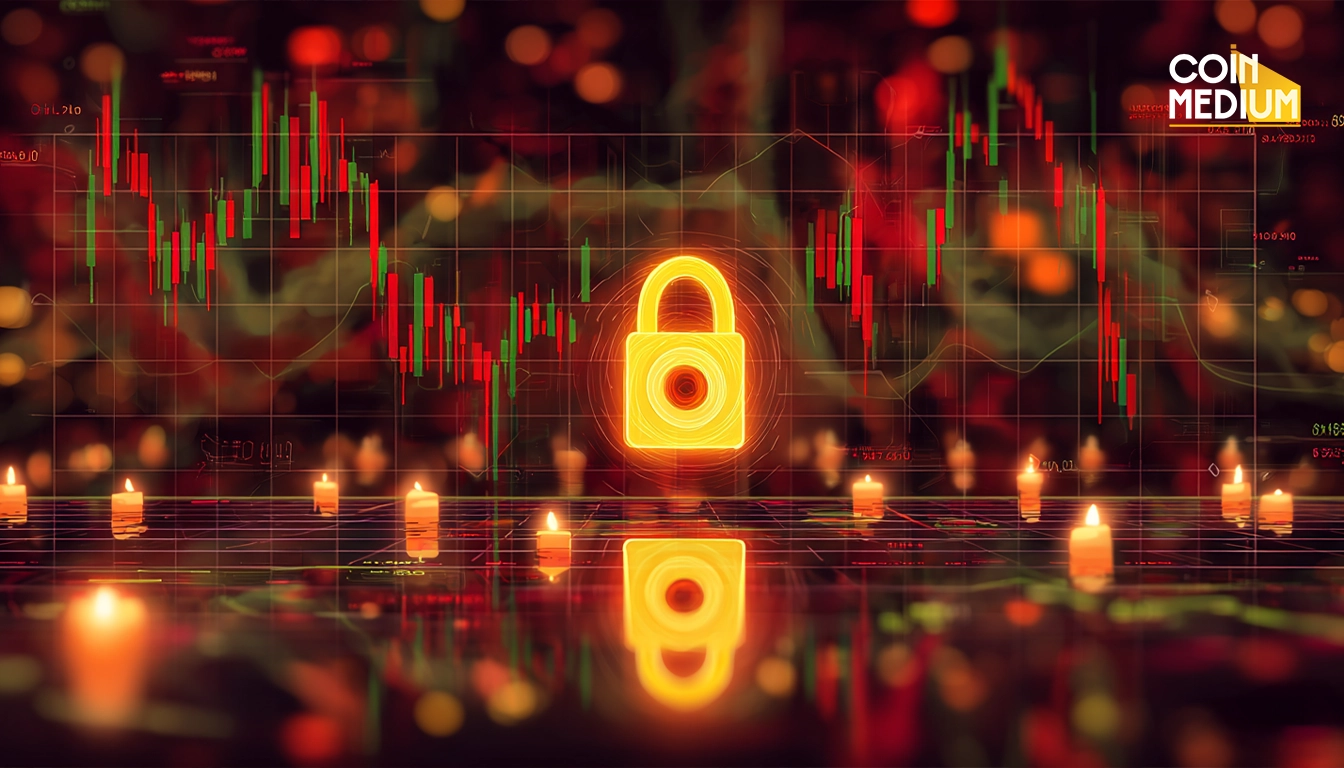- Bybit: A global cryptocurrency exchange known for offering futures trading and leveraged products. It’s popular among advanced crypto traders.
- 1000X: A lesser-known crypto exchange that provides trading services with a focus on high-leverage options.
- CoinEx: An international crypto platform offering spot, margin, and futures trading and it supports many coins and tokens.
- OKX: One of the world’s largest crypto exchanges, known for a wide range of services including trading, staking, and DeFi tools.
- XT.COM: A global trading platform offering access to many cryptocurrencies and NFT-related features.
- G-Token: A government-backed digital token in Thailand that allows people to invest in government bonds using blockchain. It’s not meant for trading like regular crypto.
- Royal Decree on Technological Crime: A Thai law passed in 2024 that gives the government the power to block websites and platforms involved in illegal or unlicensed online activities, including unauthorized crypto exchanges.
Thailand’s Securities and Exchange Commission (SEC) announced on Thursday that it will block access to five major cryptocurrency exchanges such as Bybit, 1000X, CoinEx, OKX, and XT.COM because they do not have licenses to operate in the country.
Starting June 28, these platforms will be inaccessible to users in Thailand. The SEC said the move is part of a broader effort to combat money laundering and protect everyday investors from using unauthorized digital asset services.
All five platforms have been accused of offering crypto trading services to Thai users without official approval. As a result, legal proceedings have been initiated, and the case has been handed over to the Economic Crime Suppression Division.
The SEC explained the action as necessary “to protect investors and stop criminals from using illegal platforms to move money.”
A Law Targeting Unlicensed Crypto Exchanges
This crackdown comes after months of increasing regulatory pressure. In April, Thailand passed a new law targeting cybercrime. The legislation allows the Ministry of Digital Economy and Society to swiftly block websites and platforms suspected of unlawful activity.
The new regulation, called the Royal Decree on the Prevention and Suppression of Technological Crime, gives authorities greater power to shut down unlicensed digital services aimed at Thai users.
Since then, the government has ramped up enforcement, especially against crypto exchanges operating outside the legal framework.
Thailand Tries Blockchain for Public Projects
Alongside the crackdown, Thailand is exploring blockchain for public finance. Last month, the Ministry of Finance launched a new blockchain-based token called G-Token. It allows retail investors to buy government bonds, marking Thailand’s first $150 million attempt at tokenized public fundraising.
According to SEC Deputy Secretary-General Jomkwan Kongsakul, G-Tokens will be distributed through a licensed initial coin offering (ICO) portal, with the Finance Ministry serving as registrar.
However, the SEC clarified that G-Tokens cannot be used as a medium of exchange, making a clear distinction between state-approved digital assets and the volatile world of crypto trading.
At the same time, rules for crypto companies have become stricter. New regulations include enhanced customer background checks, faster suspension of suspicious accounts, and better support for scam victims.



